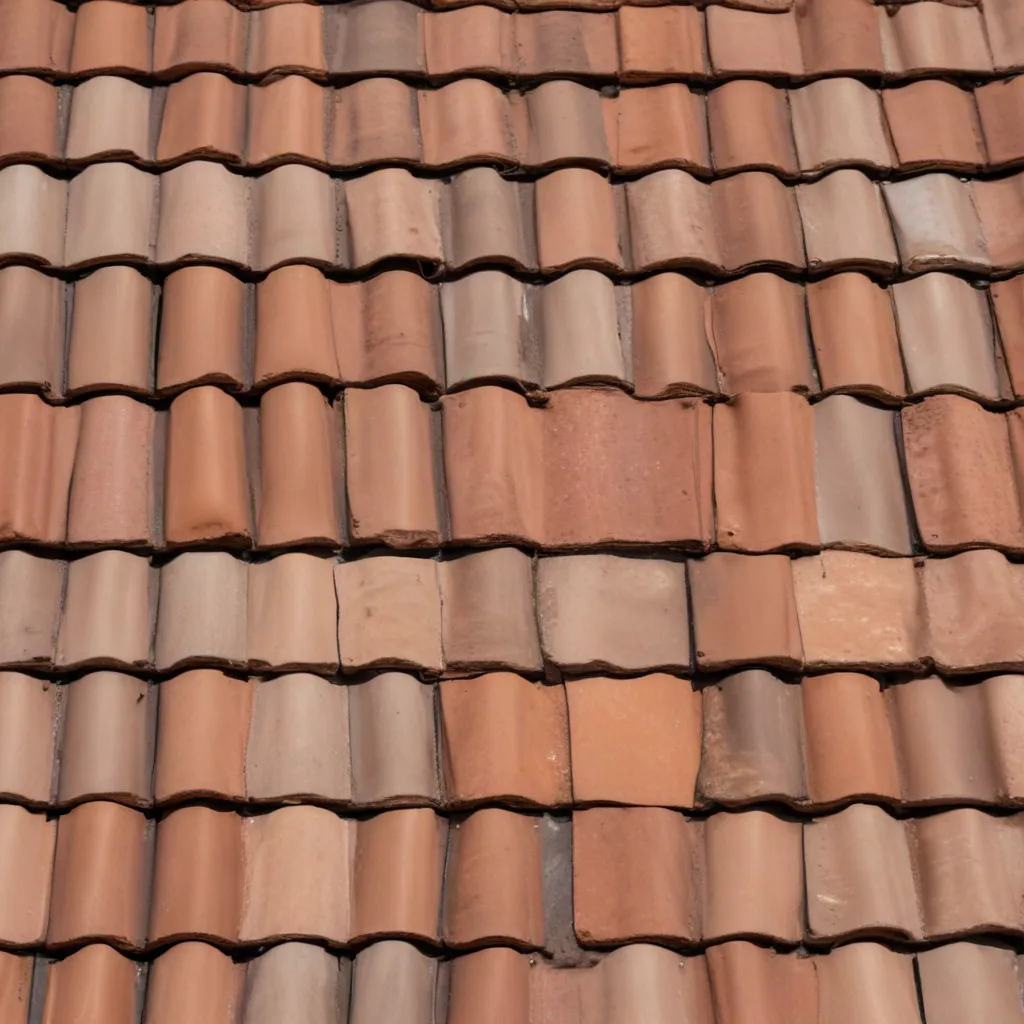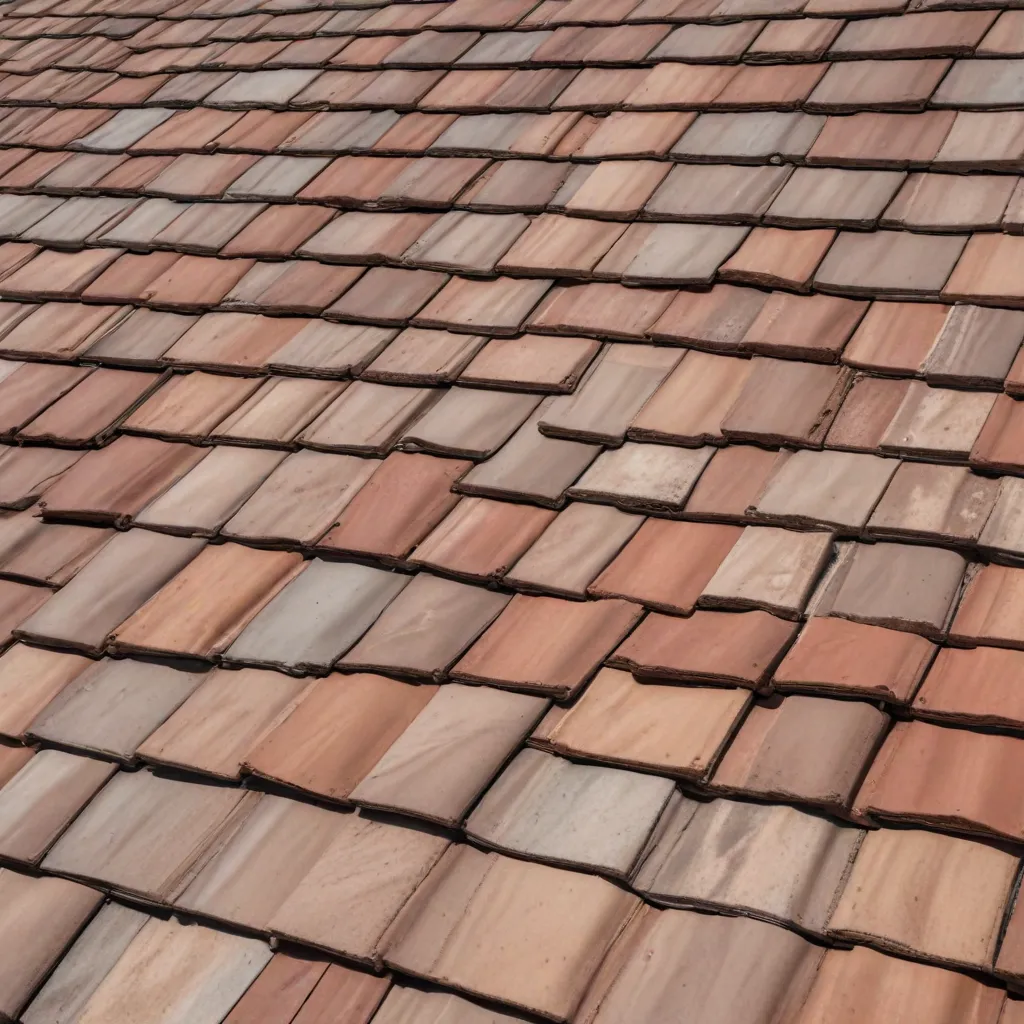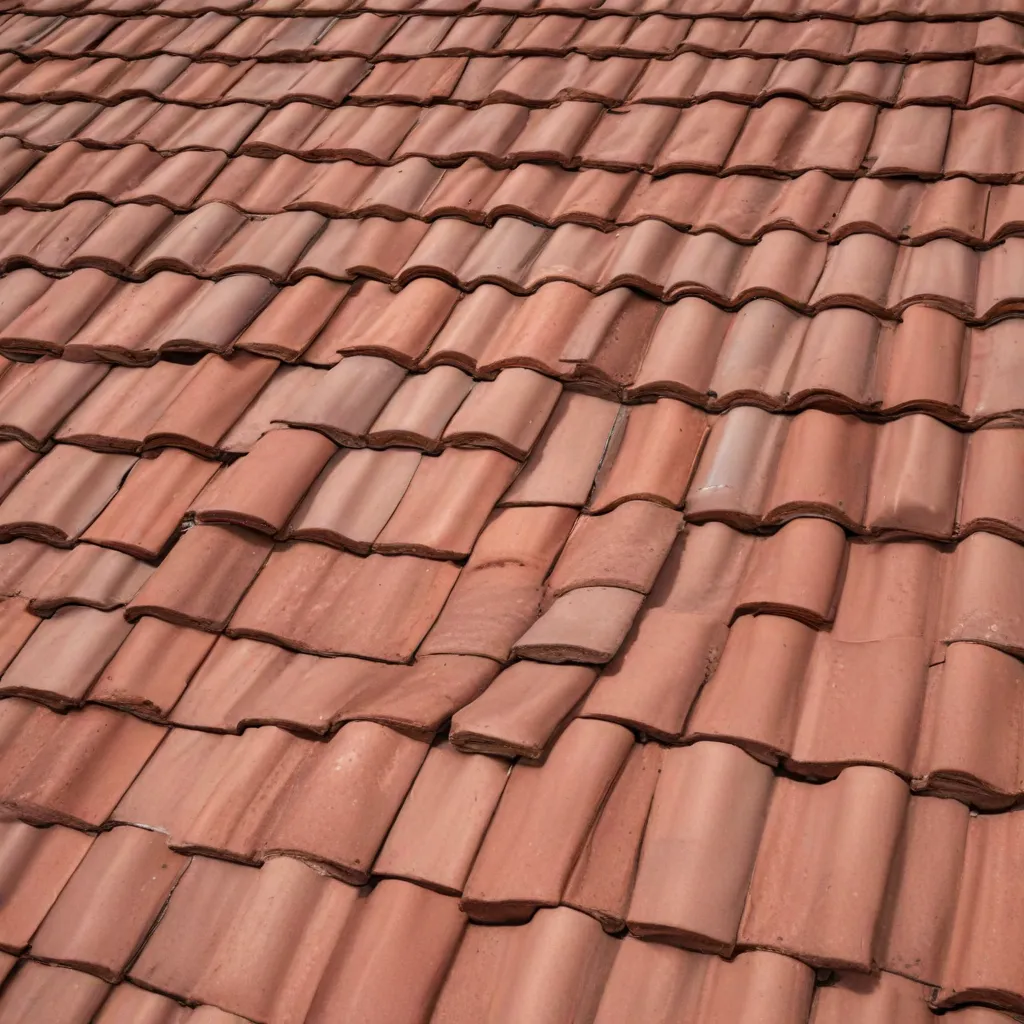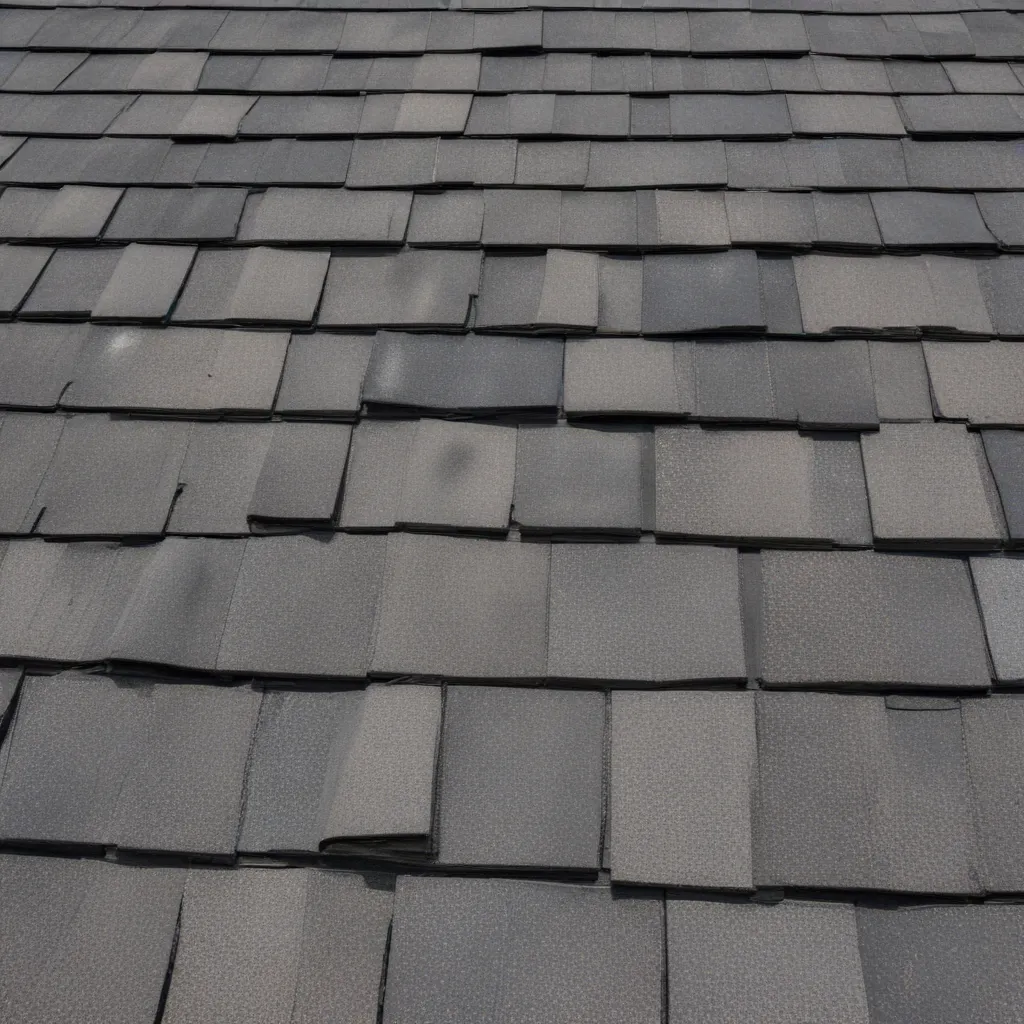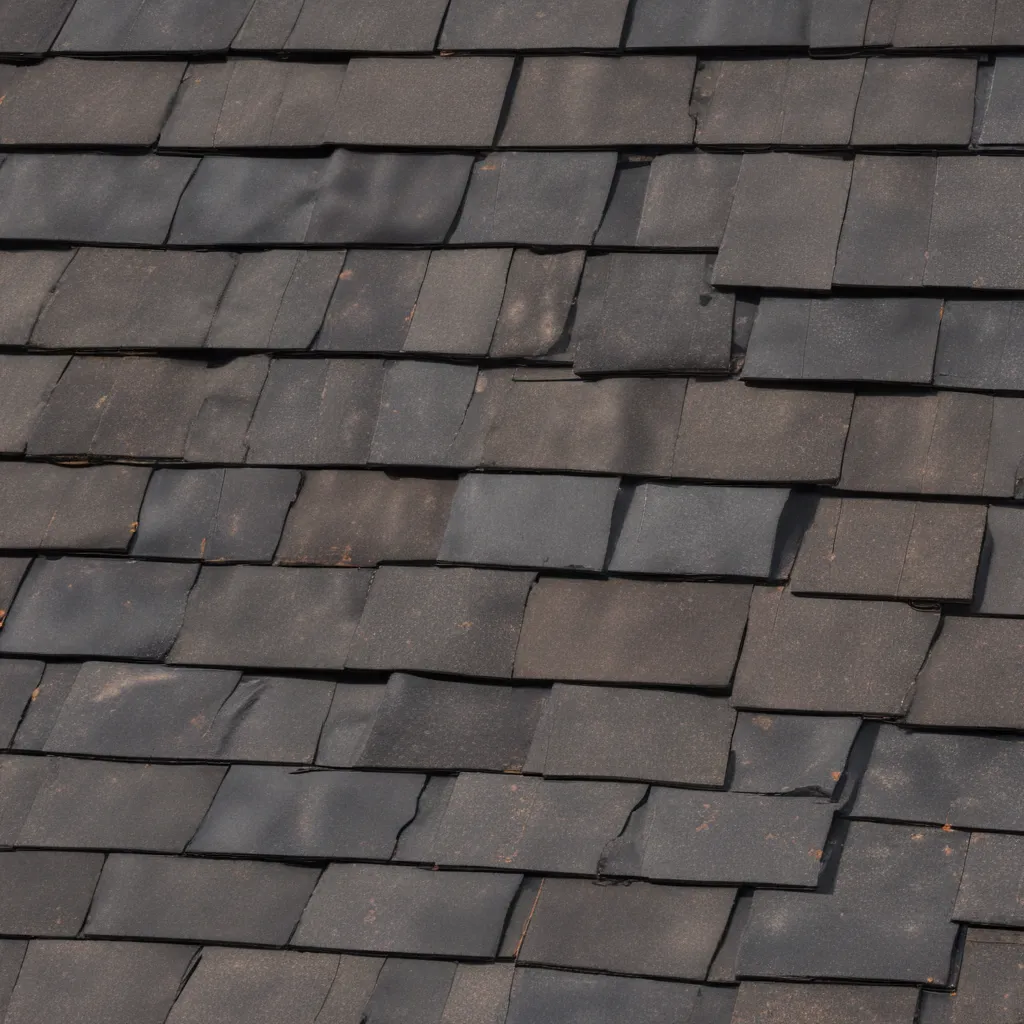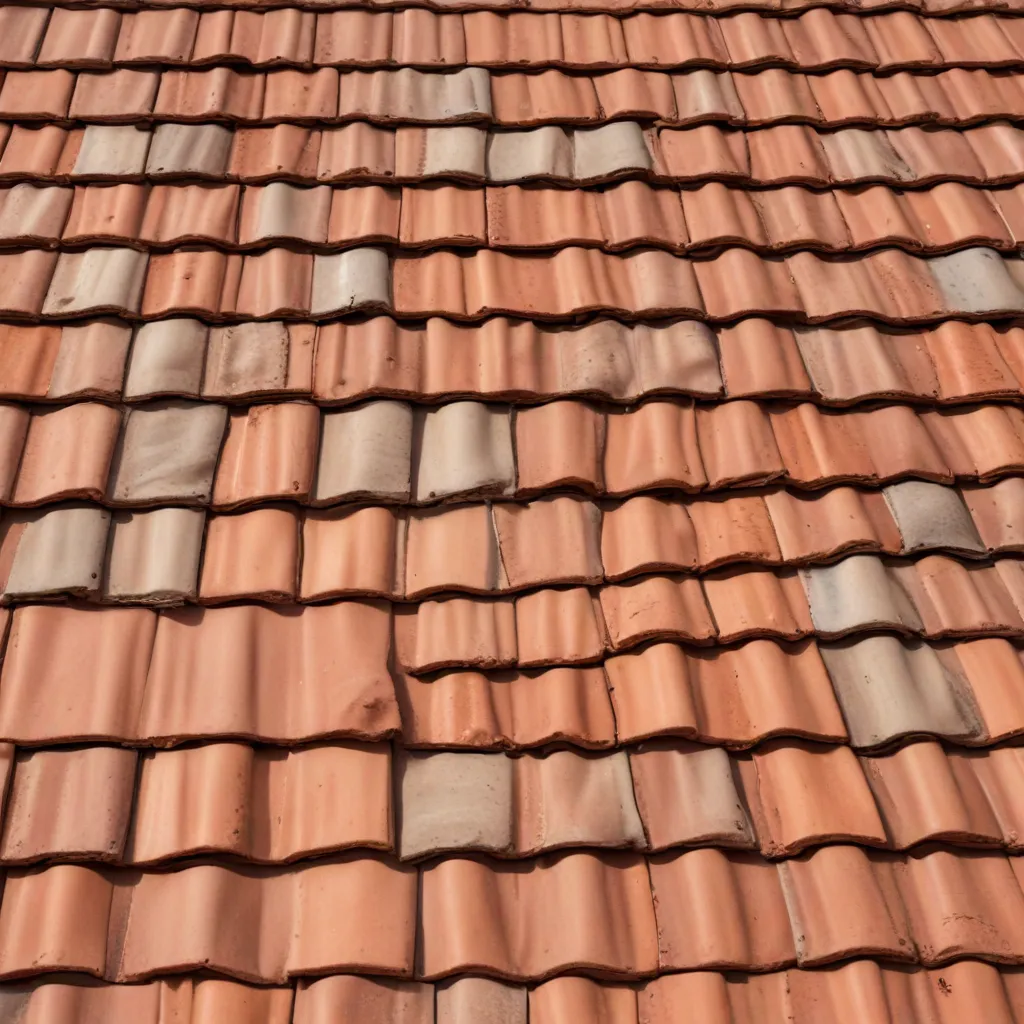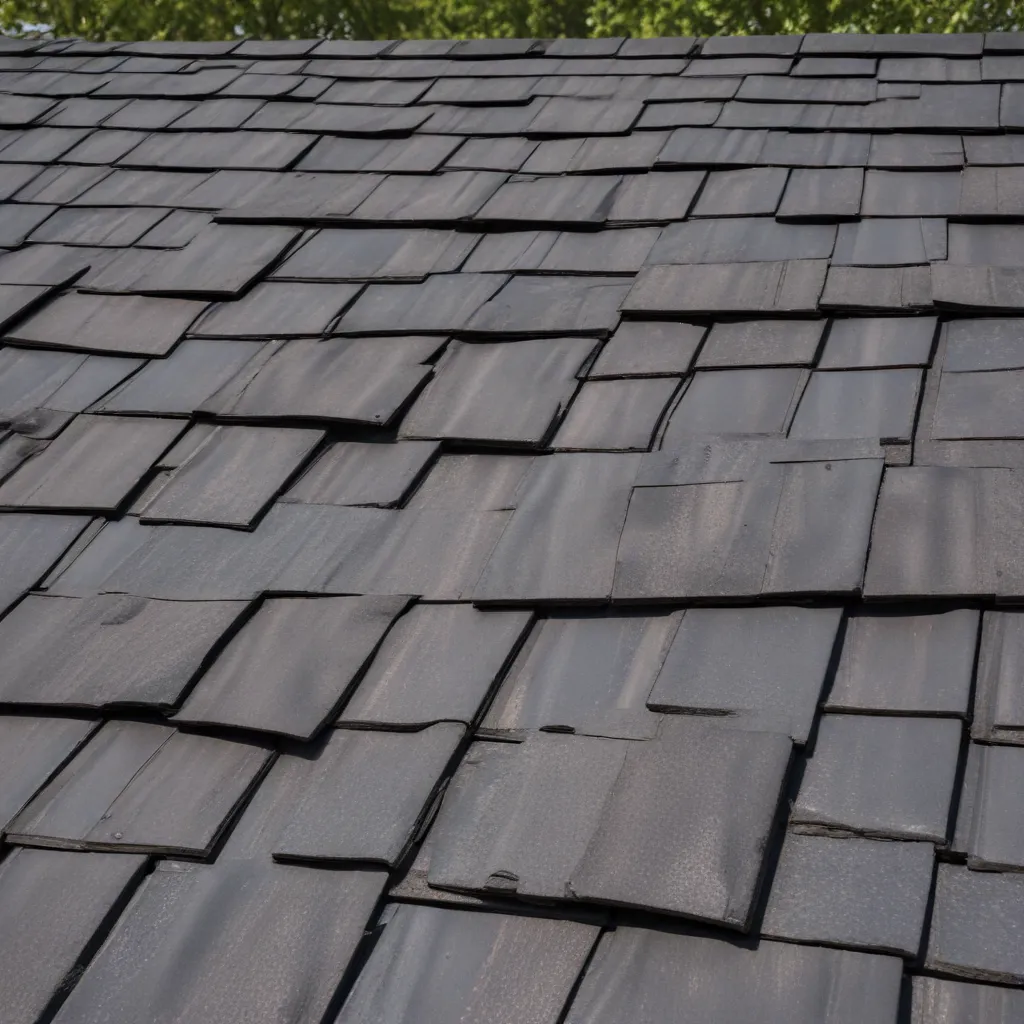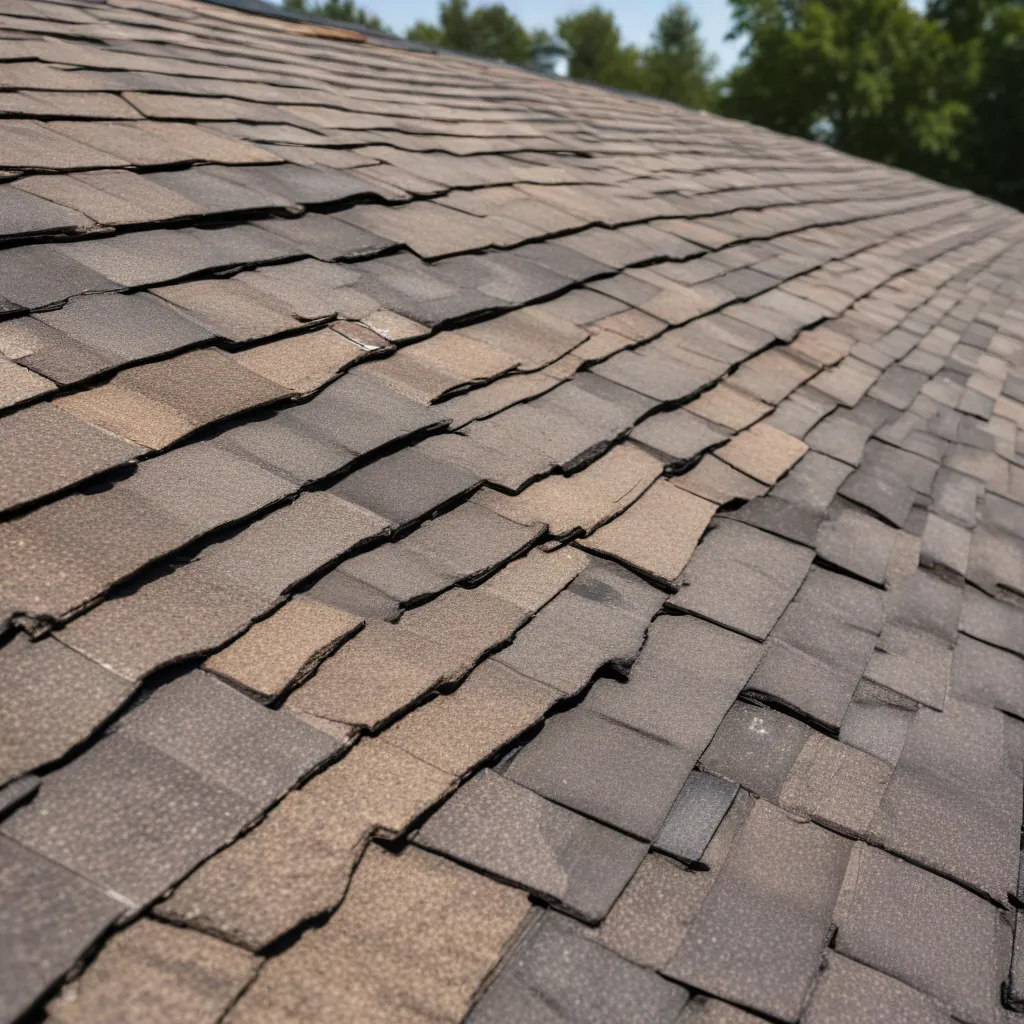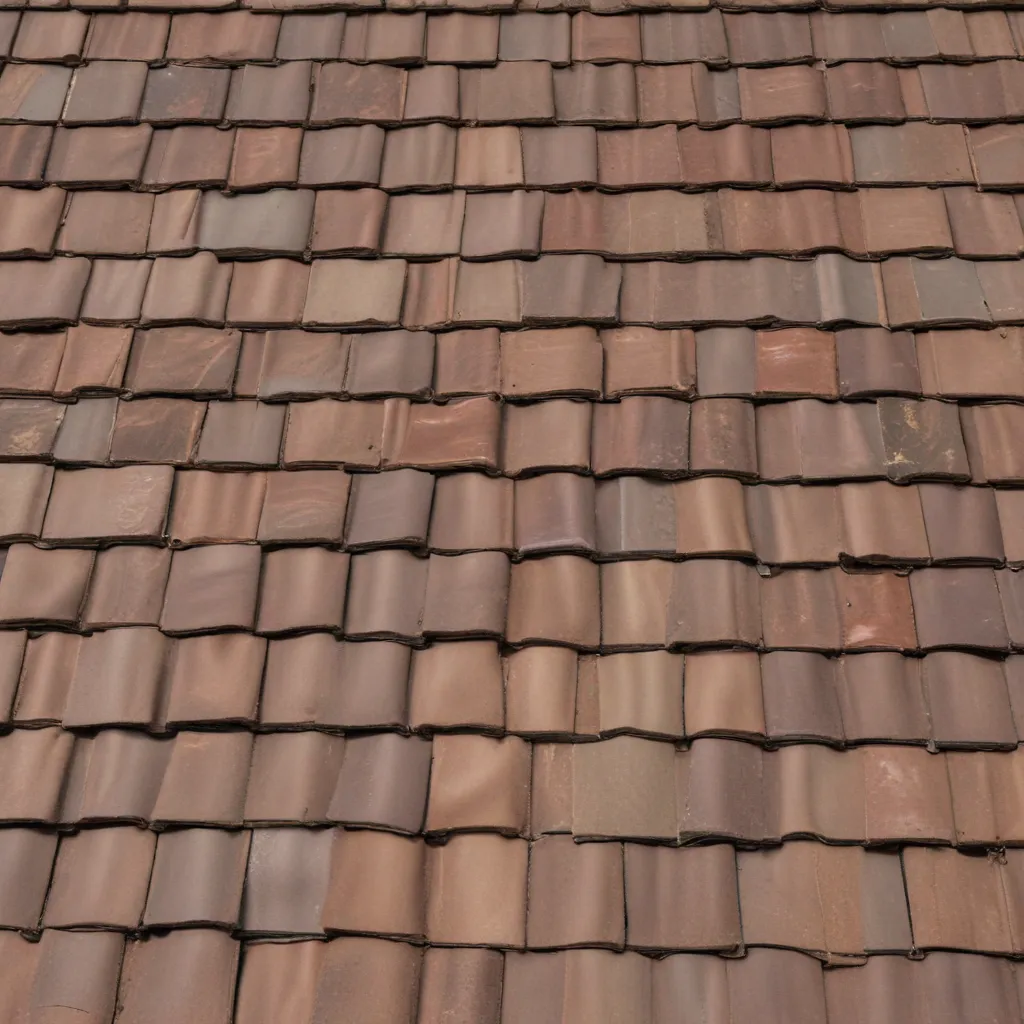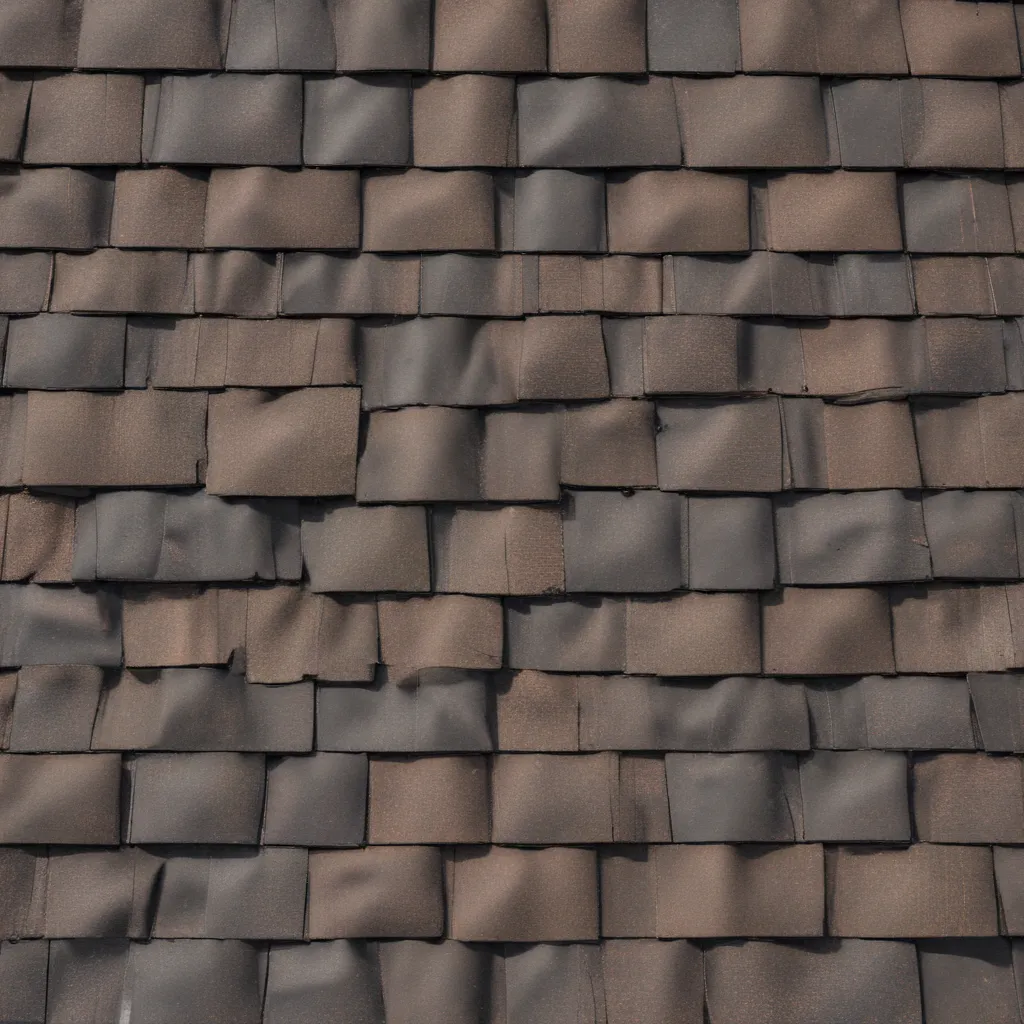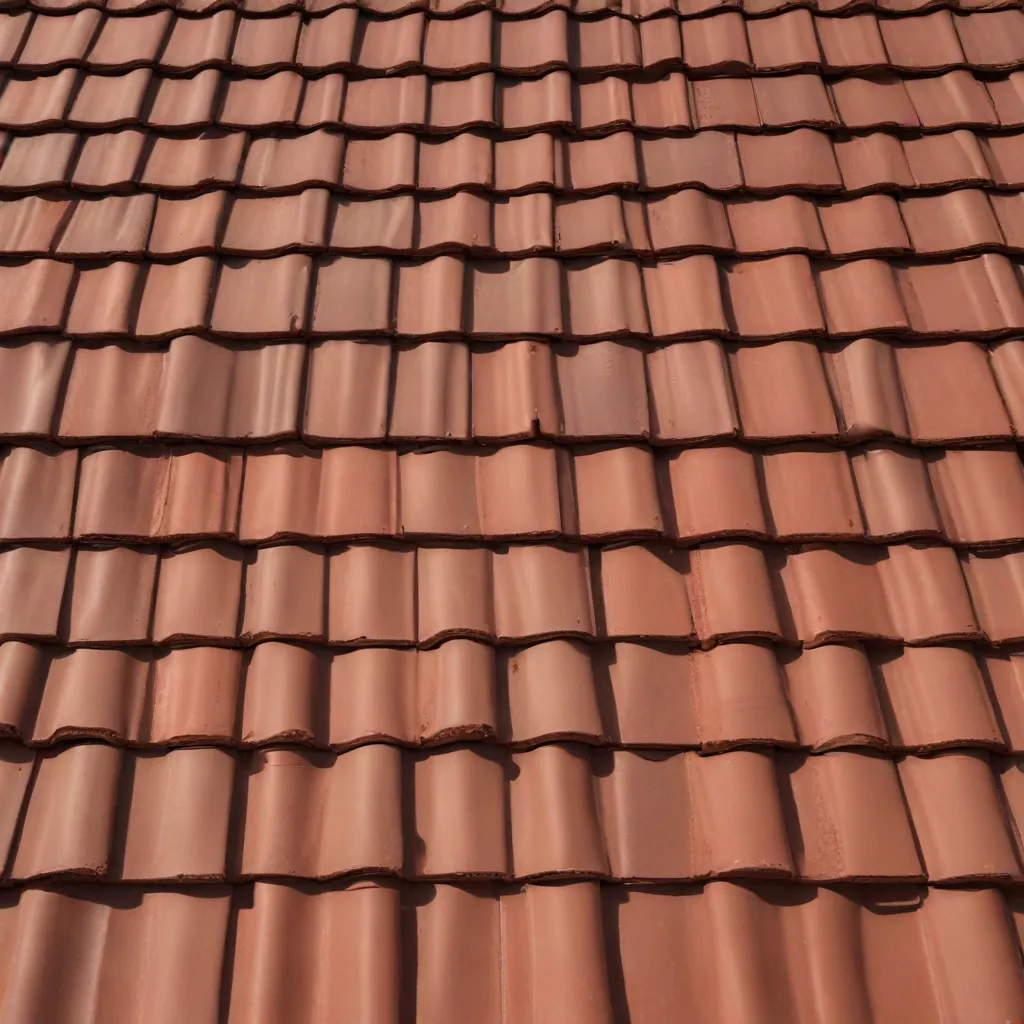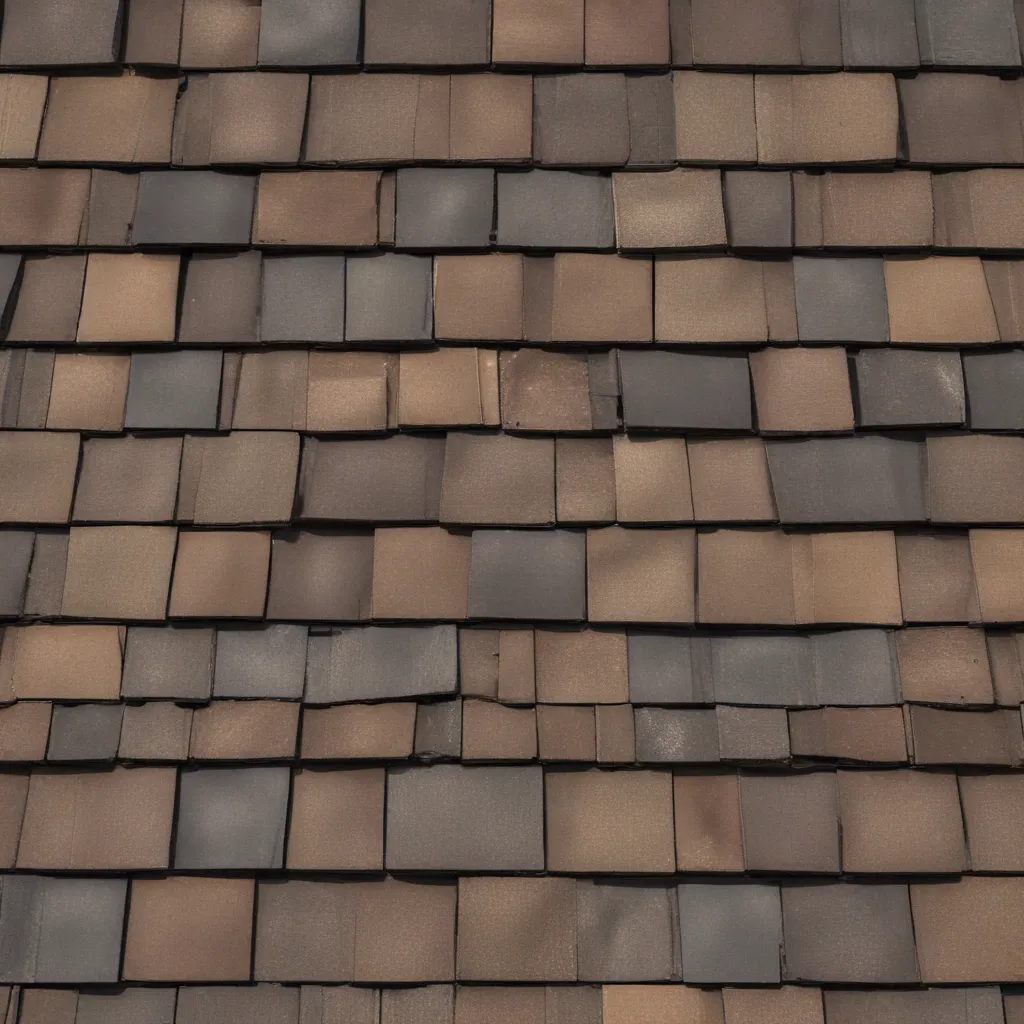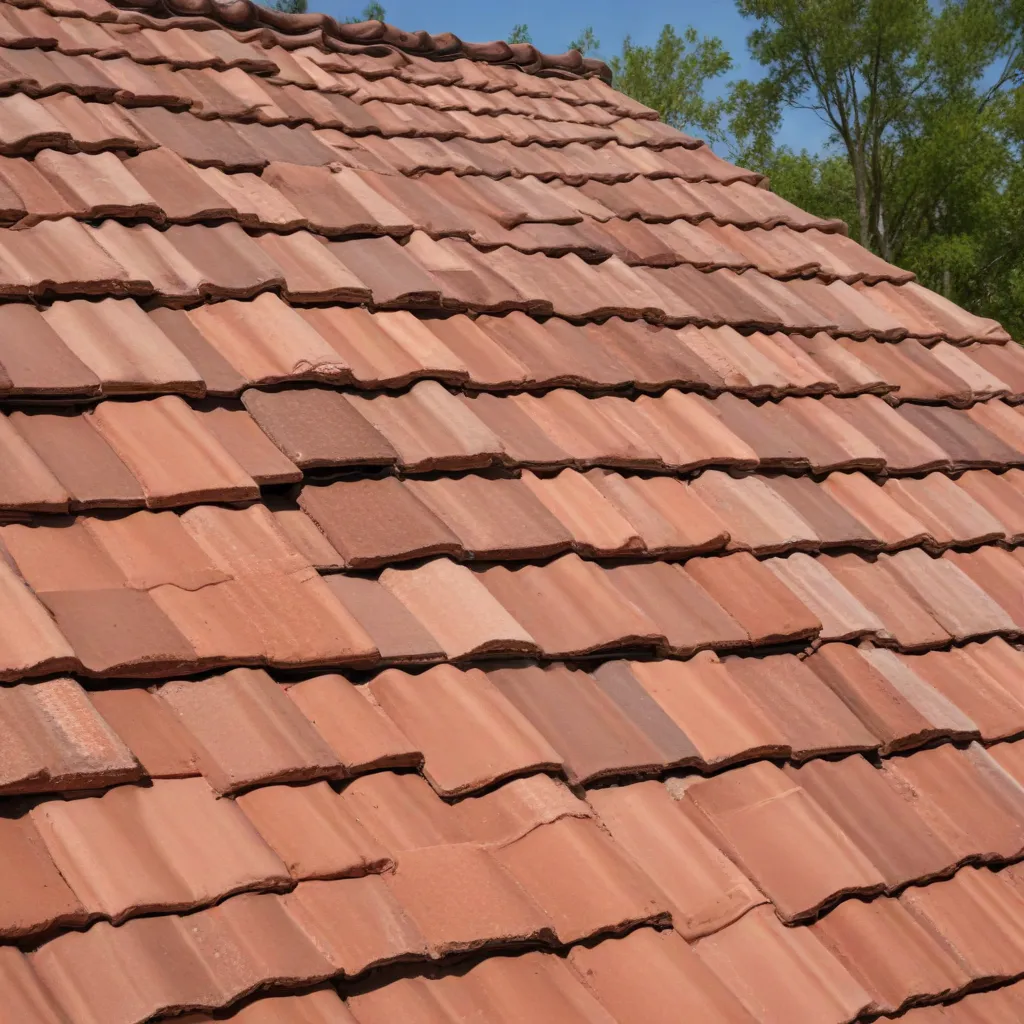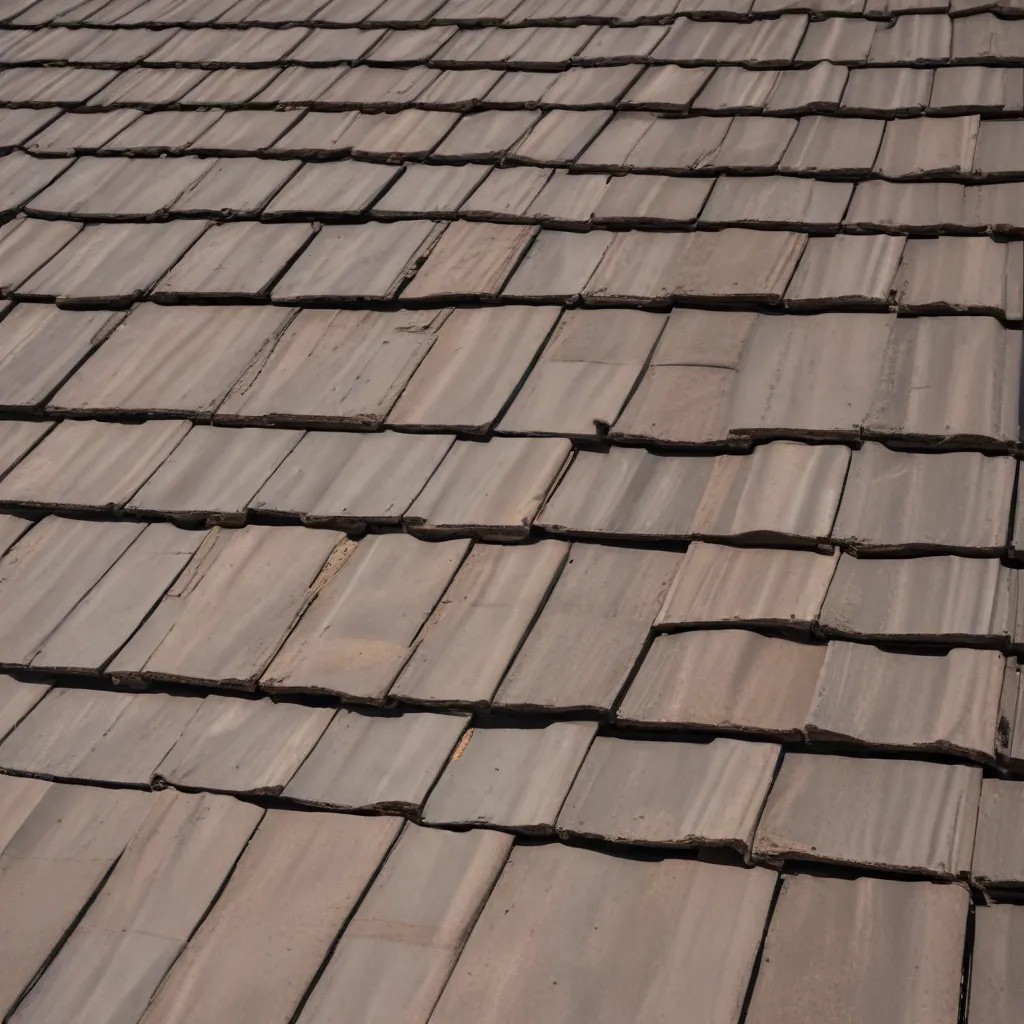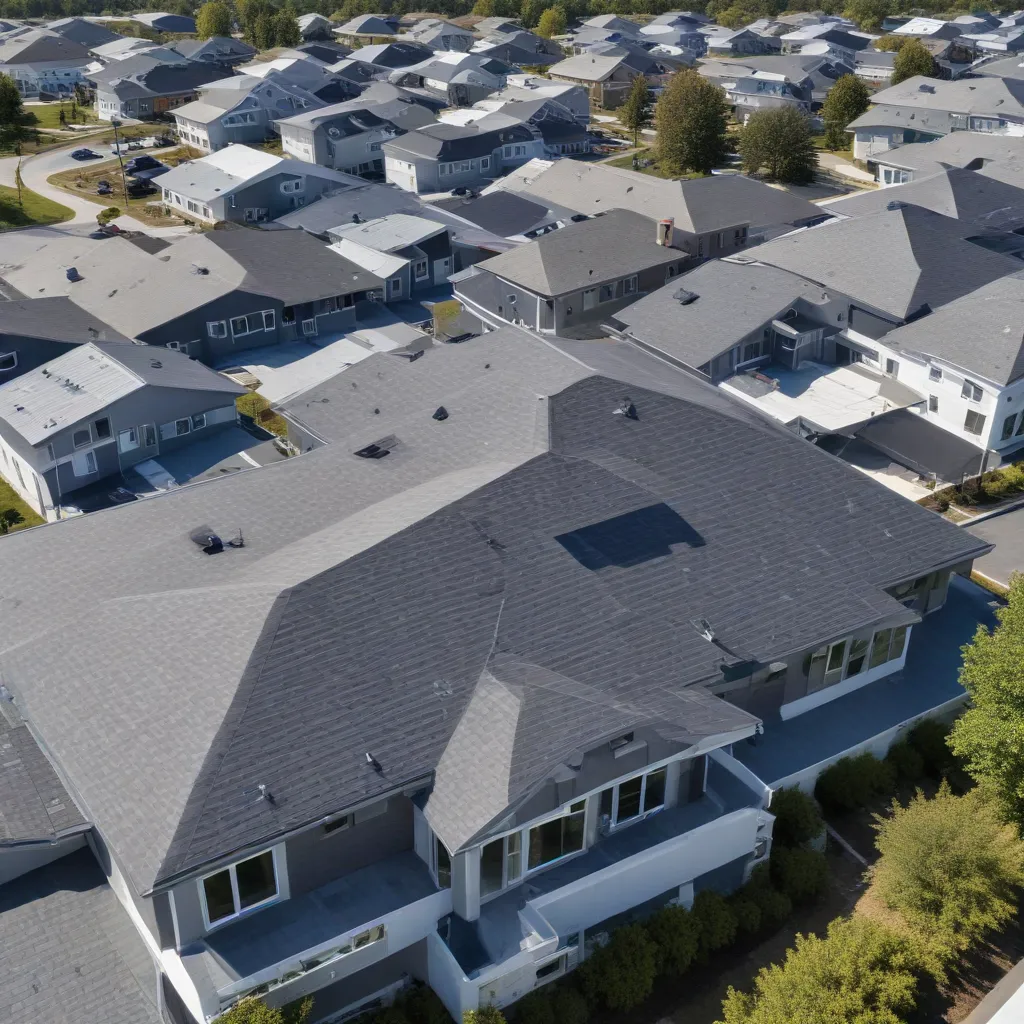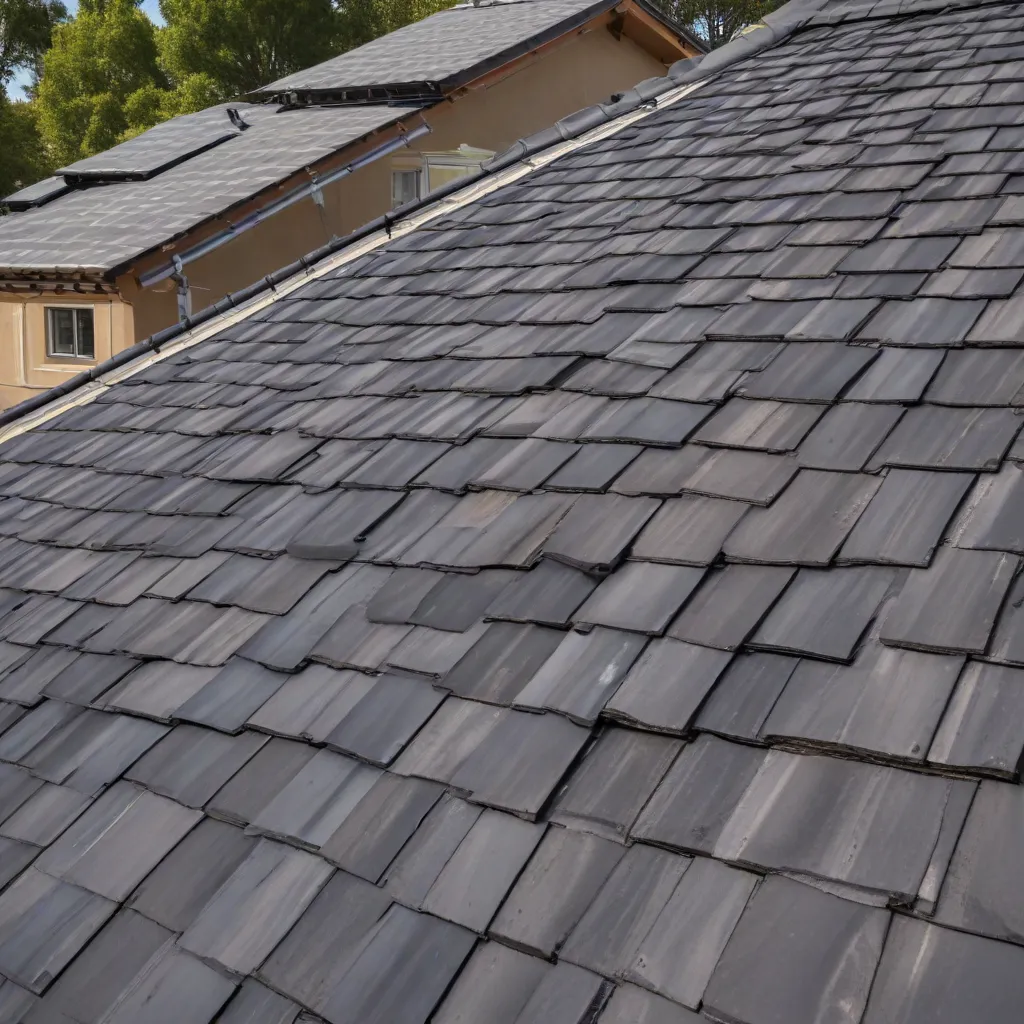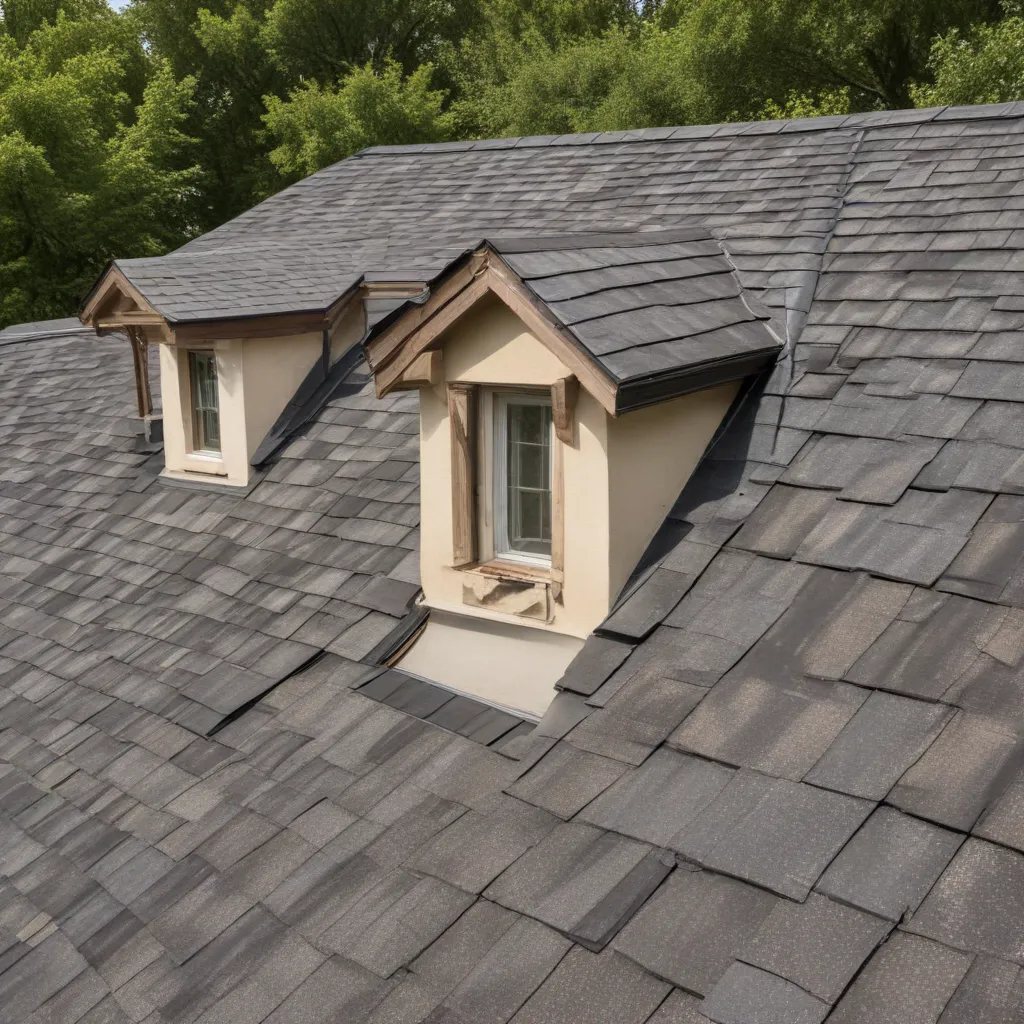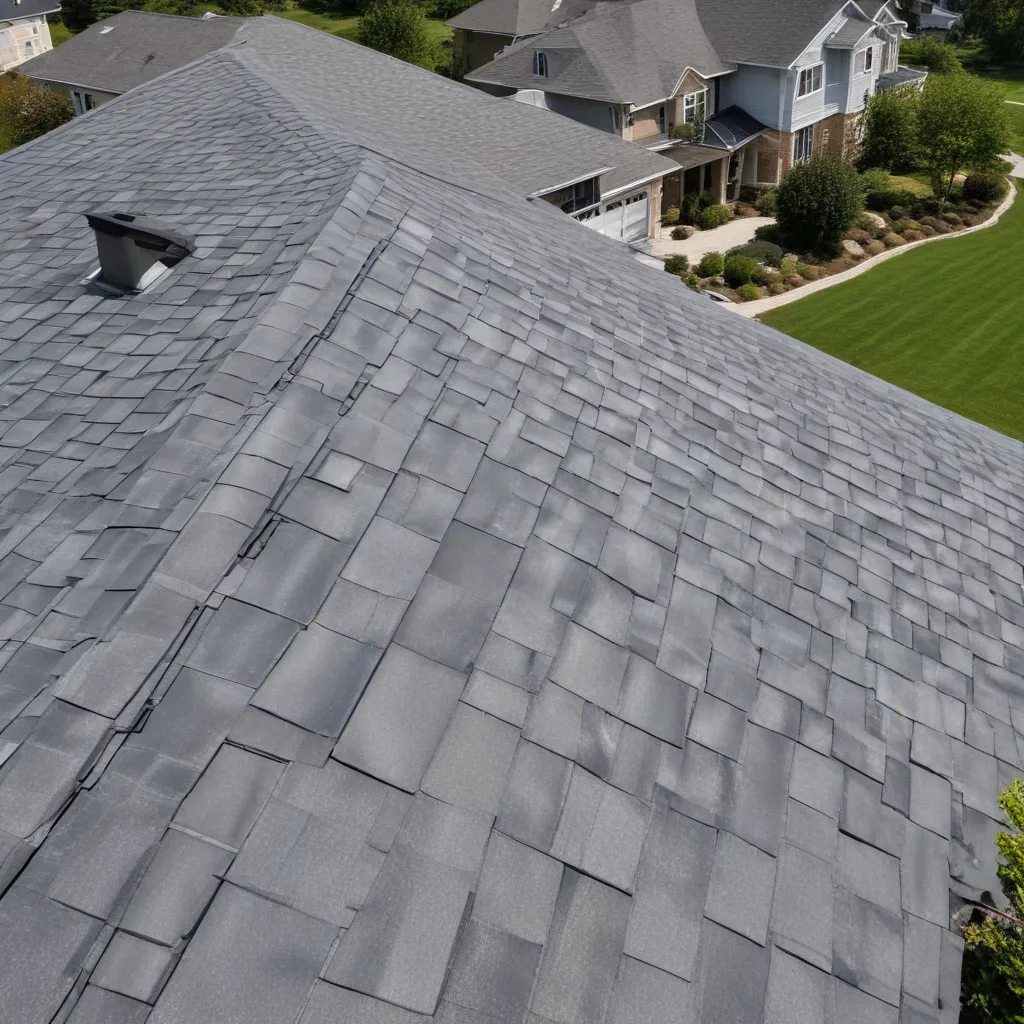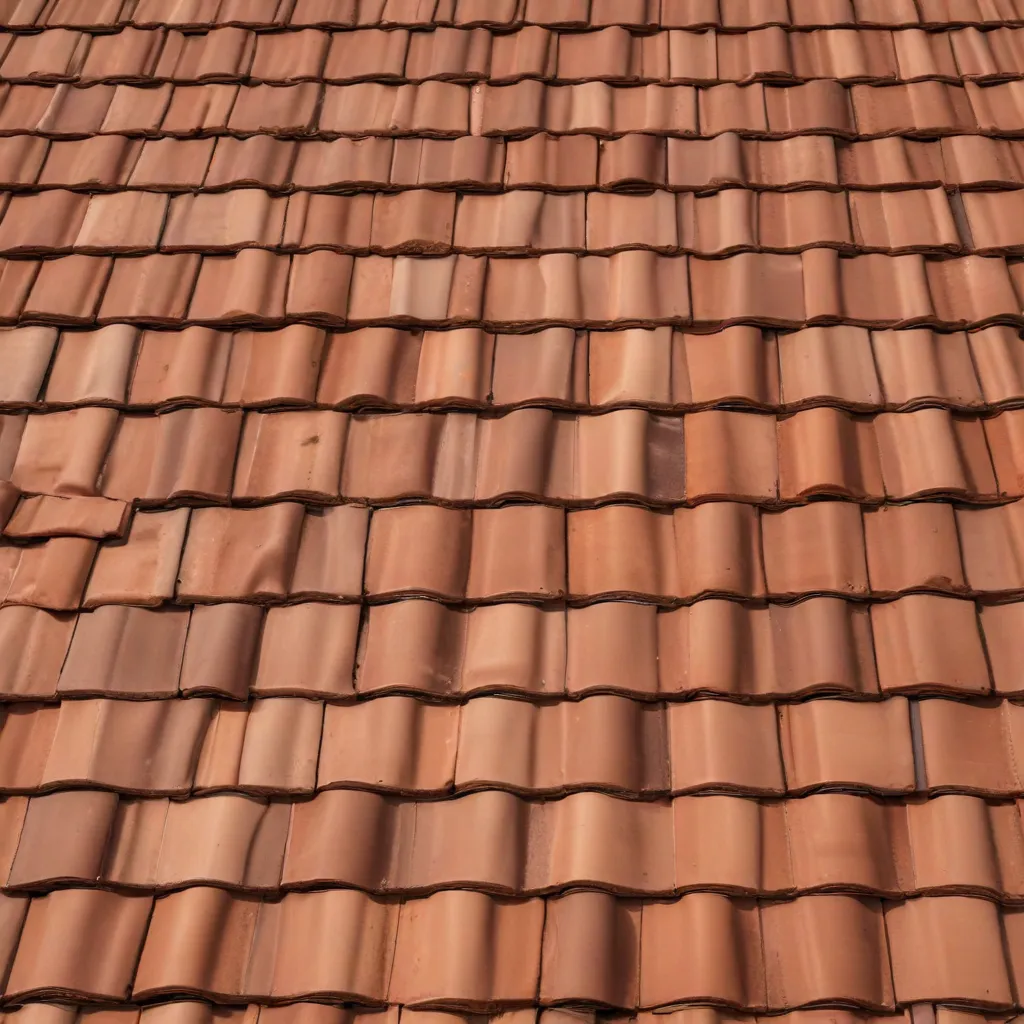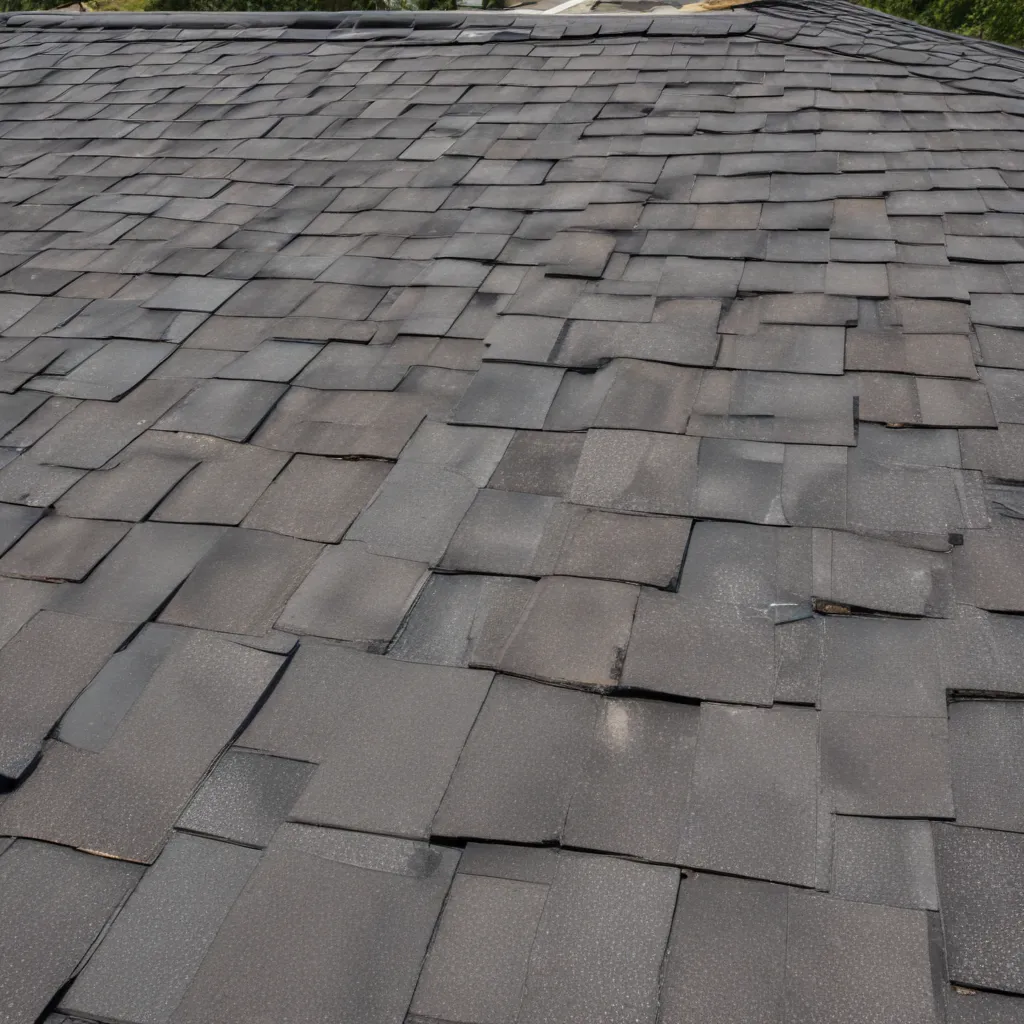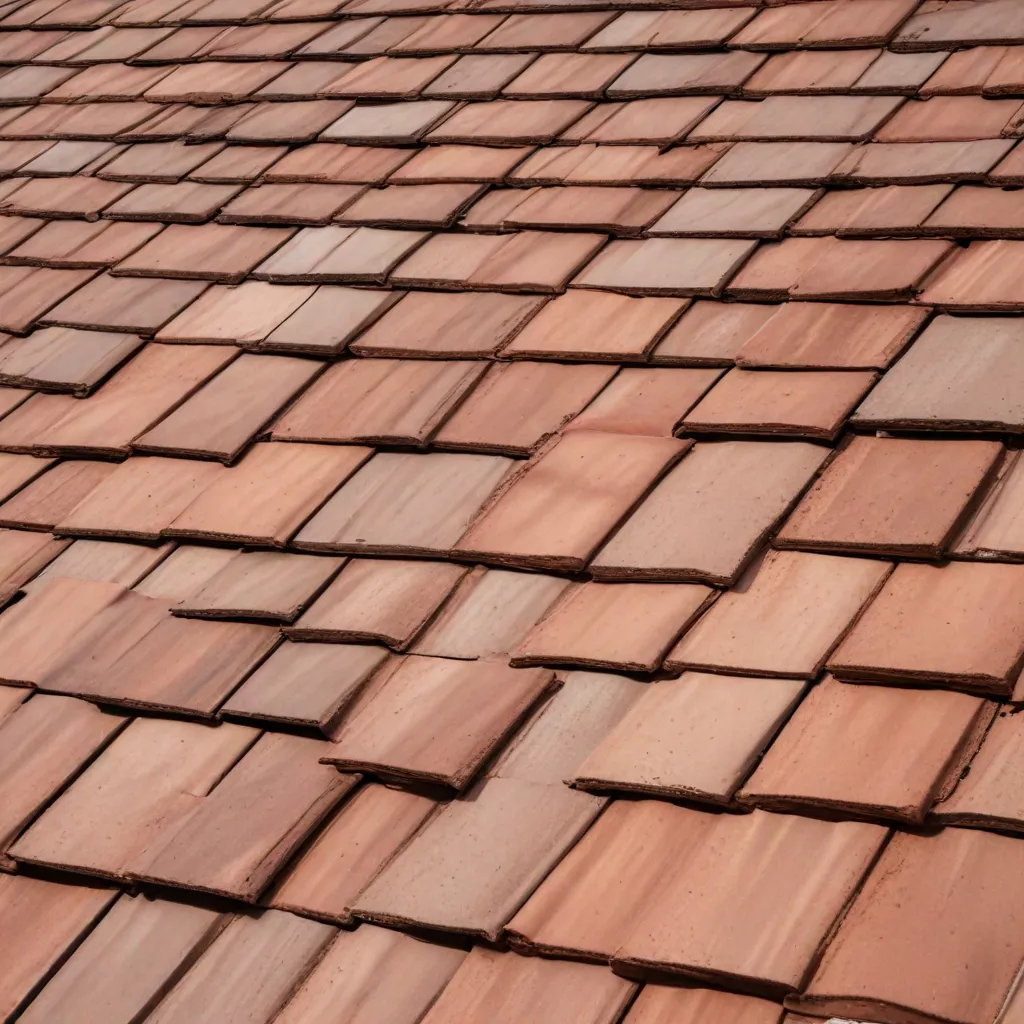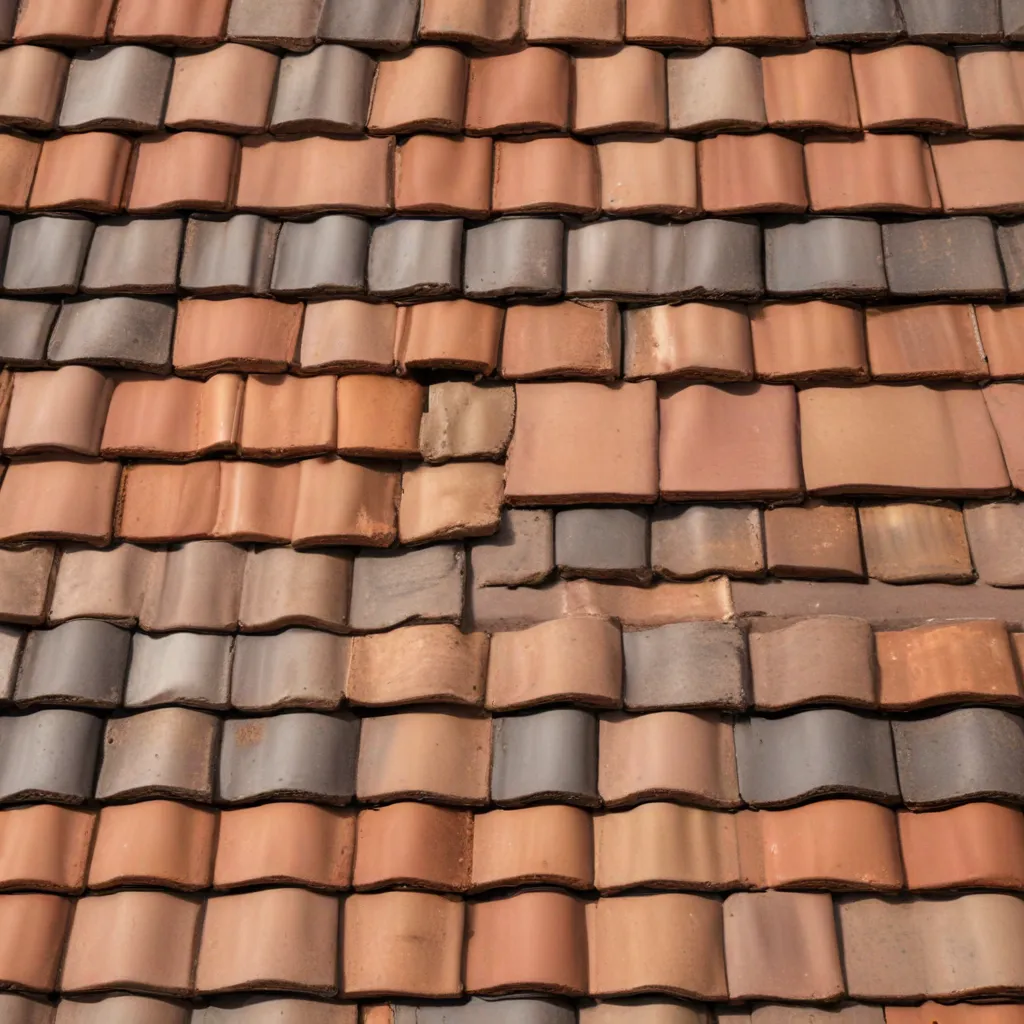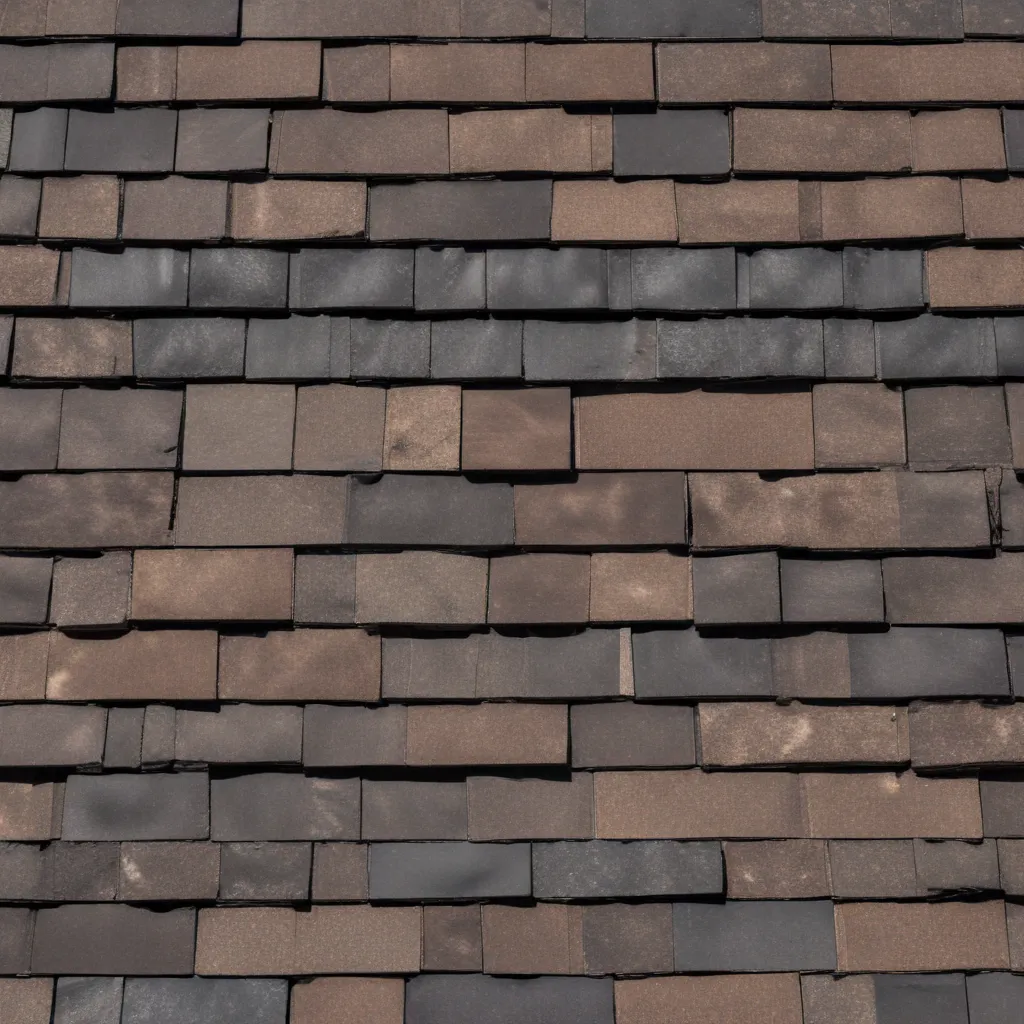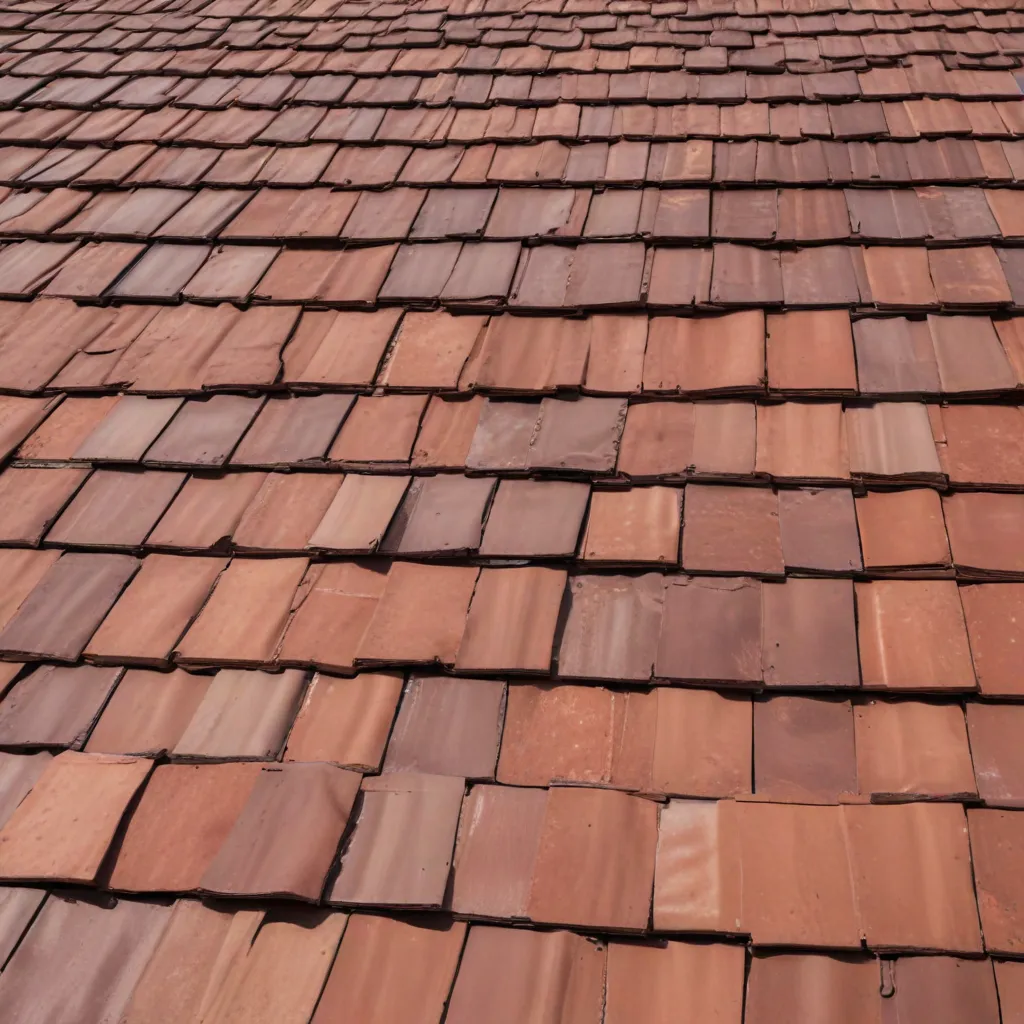Welcome to our comprehensive guide on roofing insulation myths. As experts in the field, we understand the importance of proper insulation for your roof. However, there are numerous misconceptions and false information circulating that can lead homeowners astray. In this article, we aim to debunk these myths and provide you with accurate and reliable information about roofing insulation. By separating fact from fiction, we hope to empower you to make informed decisions for your home. So, let’s dive right in!
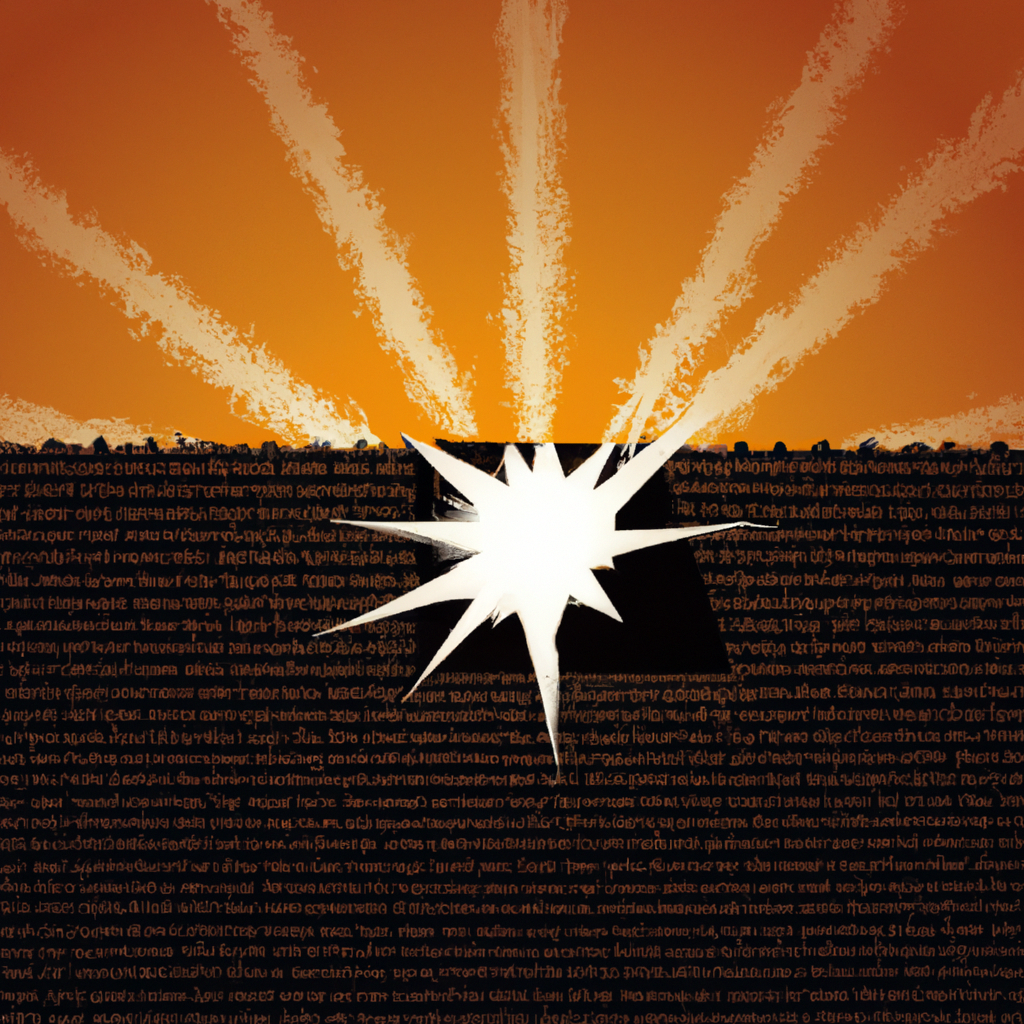
Myth #1: All Insulation Materials Are the Same
One common misconception is that all insulation materials perform equally. This is far from the truth. While there are various types of insulation available, each with its own characteristics, not all are created equal in terms of performance and energy efficiency.
Fact: The choice of insulation material can significantly impact the effectiveness of your roof insulation. Materials such as fiberglass, cellulose, and spray foam insulation offer different levels of thermal resistance (R-value) and durability. Consulting with a professional can help you identify the most suitable insulation material for your specific needs.
Myth #2: Insulation Is Only Necessary in Cold Climates
Another prevailing myth is that insulation is only necessary in cold climates. Many homeowners believe that insulation is primarily used to keep their homes warm during winter months.
Fact: Insulation serves a crucial role in both warm and cold climates. In warmer climates, insulation helps to keep the heat out, maintaining a comfortable indoor temperature and reducing the need for excessive air conditioning. Additionally, insulation can prevent heat transfer from the roof to the living space, reducing energy consumption throughout the year.
Myth #3: Roof Insulation Causes Mold and Mildew
One of the most concerning myths about roof insulation is that it promotes the growth of mold and mildew. This misconception often stems from improper installation or inadequate ventilation.
Fact: When installed correctly, insulation does not cause mold or mildew. In fact, insulation can help prevent these issues by regulating temperature and moisture levels within the roof space. Proper ventilation and moisture control measures should be in place to ensure a healthy and mold-free environment.
Myth #4: Roof Insulation Is a DIY Project
Many homeowners believe that they can install roof insulation as a do-it-yourself project to save money. While it may seem like a simple task, professional installation is essential for optimal performance and long-term benefits.
Fact: Roof insulation requires specialized knowledge and expertise to ensure proper installation. Professionals understand the intricacies of different insulation materials, ventilation requirements, and safety protocols. Investing in professional installation will not only guarantee the effectiveness of your insulation but also prevent potential damage to your roof and home.
Myth #5: Insulation Is Only for Energy Savings
While energy savings are one of the significant benefits of roof insulation, it is not the only advantage. Some homeowners believe that insulation is solely for reducing heating and cooling costs.
Fact: In addition to energy savings, insulation provides several other benefits. It enhances the overall comfort of your home by reducing drafts and temperature fluctuations. Insulation also acts as a sound barrier, reducing external noise pollution. Moreover, it can increase the value of your property and contribute to a more sustainable and eco-friendly living environment.
Myth #6: Insulation Is a One-Time Investment
Many homeowners mistakenly assume that once insulation is installed, it requires no further attention or maintenance.
Fact: Insulation, like any other component of your home, requires periodic maintenance and inspection. Over time, insulation may settle, leading to a decrease in its effectiveness. Regular inspections by professionals can identify any issues and ensure that your insulation continues to perform optimally.
Myth #7: Roof Insulation Causes Roof Leaks
A prevalent myth is that roof insulation can cause roof leaks. This misconception often arises from improper installation or the use of inadequate materials.
Fact: When installed correctly, roof insulation does not cause leaks. In fact, insulation can act as an additional protective layer, preventing water penetration and reducing the risk of roof leaks. It is crucial to hire experienced professionals who understand the intricacies of insulation installation to avoid any potential issues.
Conclusion
In conclusion, it is essential to separate fact from fiction when it comes to roofing insulation. By debunking these myths, we hope to have provided you with valuable insights into the world of roof insulation. Remember, not all insulation materials are the same, insulation is necessary in all climates, and professional installation is crucial for long-term effectiveness. Don’t let misconceptions deter you from enjoying the benefits of proper roof insulation. Consult with experts, consider your specific needs, and make informed decisions to ensure a well-insulated and comfortable home.
Remember, a well-insulated roof not only contributes to energy efficiency but also enhances your overall living experience. So, reach out to professionals, bust those myths, and enjoy the benefits of proper roofing insulation today!

